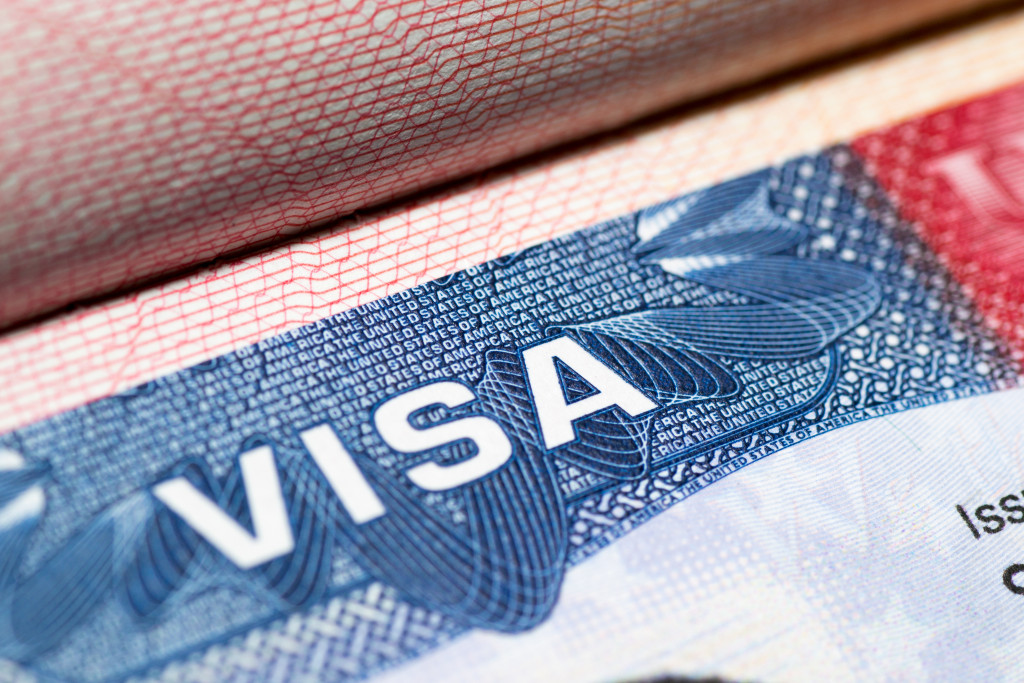When starting a business, you should be open to all possibilities, including moving to a new country with better opportunities. After all, the most important thing is to get your business up and running as quickly and efficiently as possible.
If you’re considering migrating overseas for business reasons, there are a few things you need to keep in mind. First, you’ll need to thoroughly research your target country’s business environment. What are the tax laws? Are there any restrictions on foreign ownership? How easy is it to set up a company?
You’ll also need to consider your skills and qualifications. Do you have the necessary experience and expertise to succeed in your chosen field in a new country? If not, can you get the training or education you need?
It will take a lot of preparation, but you can take it one step at a time. Here are the key steps you must take when migrating overseas for business.
What Are Your Best Options?
There are a few different options to consider when migrating overseas for business. The best choice for you will depend on your circumstances, such as your business idea, skills and qualifications, and financial resources.
Singapore is an excellent option for foreigners starting a business. It’s a stable, developed country with a strong economy and a low tax rate. The government also supports business development, and several resources and support services are available to entrepreneurs.
Several Singapore-based companies are looking to expand overseas, so there is plenty of opportunity for collaboration and mutual growth. Singapore is also a culturally diverse city with a vibrant nightlife and food scene, so it’s a great place to live and work. Starting a business in Singapore for foreigners is also attractive because of the country’s low cost of living.
Other popular destinations for business migrants include the United Kingdom, Canada, and Australia. These countries also have strong economies and supportive business environments. They also offer a high quality of life, which is crucial if you plan to move there permanently. Of course, you shouldn’t jump to the conclusion that you will achieve success when you move overseas. After all, it will be a costly endeavor.
Have You Considered Starting an Online Business?
If you’re not ready to make a move overseas just yet, or if you want to keep your options open, consider starting an online business. With an online business, you can operate from anywhere in the world with an internet connection.
It gives you the flexibility to work from home, a coworking space, or even a coffee shop. And if you decide to move overseas in the future, it will be much easier to take your business with you.
Of course, entrepreneurs can’t run some businesses online. But if your business can sell products or services online, it’s worth considering.
The Requirements to Secure a Visa

The first step to migrating overseas for business is securing a visa. The requirements for a business visa vary from country to country, so you’ll need to research and ensure you meet all the necessary criteria.
You’ll need to prove that you have a viable business idea and the financial resources to back it up. You’ll also need to show that you’re planning to invest a certain amount of money in the country and create jobs for locals.
Finally, you’ll need to prove that you have the necessary skills and qualifications to run your business successfully. You can apply for a business visa on your own, but it’s often easier (and cheaper) to use the services of an immigration lawyer or consultant. There are more things to keep in mind, but your requirements will depend on your chosen country.
What to Expect When You Arrive in Your New Country
Once you’ve secured your visa and made a move to your new country, there are a few things you need to do to get your business up and running.
First, you’ll need to register your company with the relevant authorities. It usually involves filling out some paperwork and paying a fee.
Next, you’ll need to open a bank account and get a business license. Again, this will involve some paperwork and fees.
Once you’ve done all that, you’re ready to start operating your business! Remember to follow all the legal requirements for running a business in your new countries, such as complying with tax laws and employment regulations.
It would help if you also made an effort to learn about the local business culture. What are the expectations and etiquette around business meetings and negotiations? What kind of dress is considered appropriate for work?
There are many factors to consider when migrating overseas for business. But with careful planning and research, you can make the process much easier and find the best destination for your needs.
